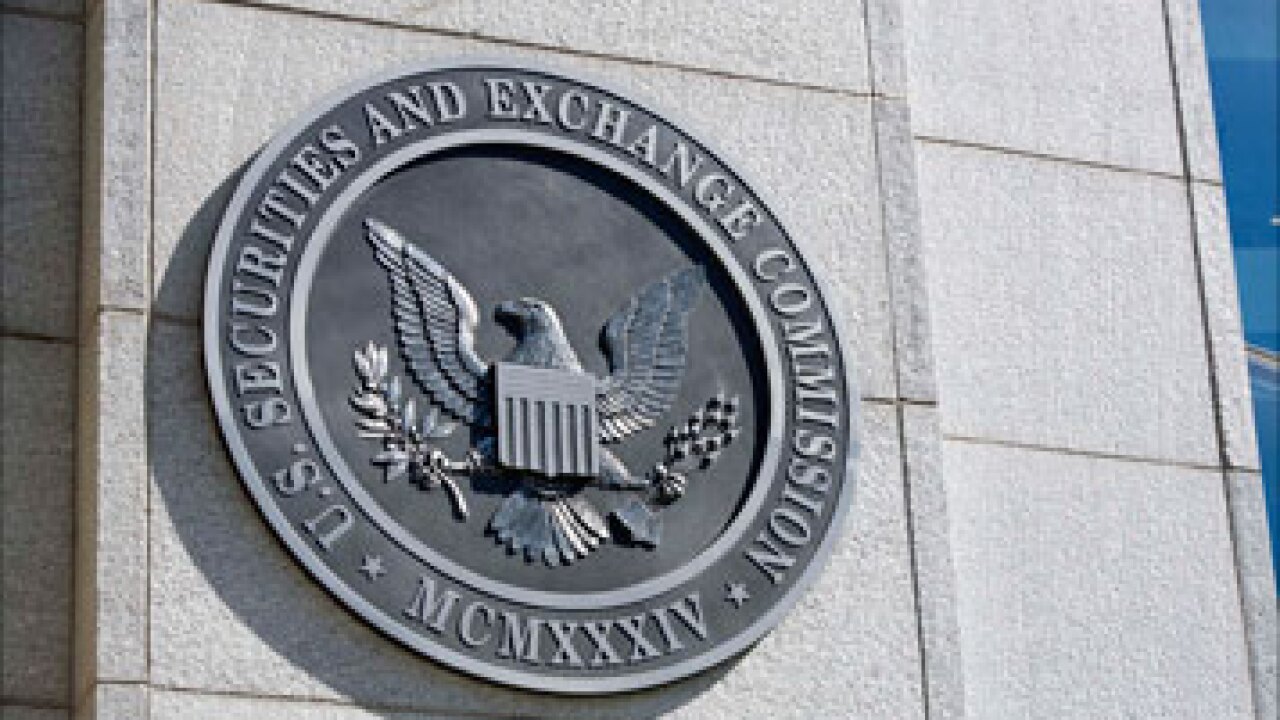A former Julius Baer banker who leaked documents from a Cayman Islands subsidiary was cleared of breaking Swiss banking secrecy by Switzerland’s top court, creating possible problems for how the Alpine nation’s banks manage their foreign units.
The Supreme Court voted 3-2 to reject the arguments of Zurich prosecutors who had appealed the acquittal of Rudolf Elmer in 2016. Breaking bank secrecy is considered a criminal matter in Switzerland, but the court ruled that the Cayman unit Elmer ran shouldn’t be considered a Swiss bank.
“Mr. Elmer was neither an employee nor representative of a Swiss bank,” according to Article 47, said Christian Denys, president of the Swiss criminal court, referring to the clause of Swiss banking law that protects banking secrecy. “To my eyes, Article 47 is not applicable here.’’

Elmer, dressed in a grey suit and blue shirt, sat next to his lawyer, Ganden Tethong in the front row, taking occasional notes as the judges took turns speaking. The 62-year-old’s expression was muted when the verdict came down.
“I am relieved that it was made clear that Mr. Elmer had not breached Swiss bank secrecy law,” Tethong said in an e-mail after the verdict. “It took 14 years to get to this point.”
The verdict could limit the ability of Swiss banks to use bank secrecy laws to prevent disclosures in far-flung units in nations often seen as tax havens, like the Cayman Islands.
The decision comes at a delicate time for Zurich-based Julius Baer, Switzerland’s third-largest wealth manager.
It’s in the final year of an agreement to avoid U.S. prosecution after admitting in 2016 that it helped thousands of Americans conceal billions of dollars in assets. Under that deferred-prosecution pact, Julius Baer paid $547 million and agreed to cooperate with any U.S. government agency to flag all criminal conduct by its employees for any violations of federal law.
One of its former rainmakers in Panama pleaded guilty in Miami in August to helping to launder more than $1 billion stolen from Venezuela’s state-owned oil producer. The bank is in the midst of a three-year review of client accounts known as Project Atlas aimed at rooting out any suspicious customers, with a particular focus on Julius Baer’s Latin American business.
A spokesperson for Julius Baer, which is not a party to Wednesday’s proceedings, declined to comment. A spokeswoman for the prosecutor also declined to comment. Elmer’s lawyer could also not be immediately reached for her reaction.
Breaking bank secrecy is a criminal matter in Switzerland that carries a penalty of up to three years in jail.
Elmer’s career at Julius Baer began in 1987 as an auditor in Zurich. In 1994, he moved to become an accountant for Cayman Islands-based Julius Baer Bank & Trust Company Ltd. and by 1999, had become chief operating officer of the Cayman unit. He was abruptly fired in 2002 because of his alleged involvement in bank data theft, according to Swiss Supreme Court documents.
Elmer said that any information found on his laptop were backup copies, made due to the risk of hurricane damage in the region. Tethong argued successfully that the Supreme Court shouldn’t overturn Elmer’s acquittal, citing jurisdictional grounds.
His dismissal sparked a battle with Julius Baer and Swiss justice that has finally reached an end. In early 2005, he leaked confidential information about bank clients to Swiss tax authorities, according to Swiss court documents. Two months later, he was accused of sending a CD filled with client account data to the editors of a Zurich business magazine, which he denies ever doing, according to his lawyer. He was arrested in September 2005 and held for 30 days, suspected of violating Swiss banking secrecy.
Then in 2008, Der Spiegel reported Elmer was a source for documents leaked by WikiLeaks. The Swiss banker leapt to international recognition, however, in January 2011 when he handed over two CDs to WikiLeaks founder Julian Assange at a London press conference.
The very public appearance prompted Zurich prosecutors to pounce and he was detained for 220 days. Elmer’s case ground its way through the Zurich courts for another four years before he was convicted in early 2015 of violating Swiss banking secrecy. He evaded prison time and was given a suspended fine of just 16,800 Swiss francs ($16,926).
‘Dirty Pig’
Elmer secured a partial victory the following year when a Zurich appeals court overturned the secrecy violation charge. But the same court handed him a 14-month suspended sentence for sending threatening letters to former colleagues — one of which began ‘Dirty Pig’ and threatened the colleague’s safety — and for falsifying documents. Critically, the appeals court rejected the notion he was a real whistleblower for social justice but was rather seeking revenge on his employer.
Elmer is not appealing either aspect of the verdict but is appealing the judge’s decision he bear legal costs that exceed 200,000 Swiss francs, Tethong said.





